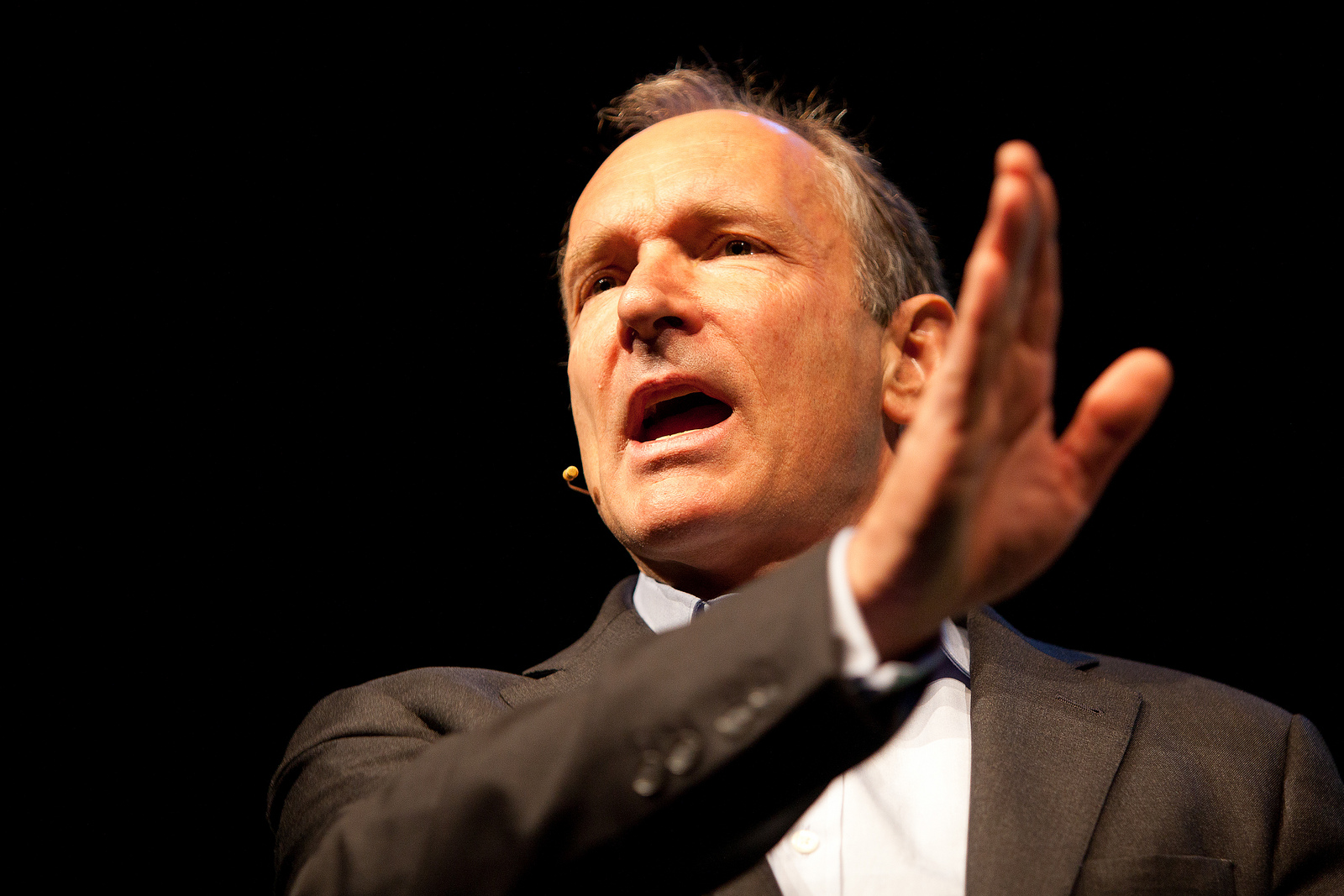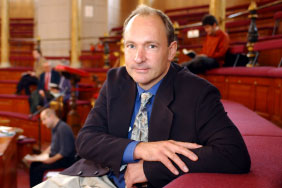Gordon Brown takes leading role on the web
The former UK Prime Minister uses his connections to democratise broadband.

Sign up today and you will receive a free copy of our Future Focus 2025 report - the leading guidance on AI, cybersecurity and other IT challenges as per 700+ senior executives
You are now subscribed
Your newsletter sign-up was successful
Former prime minister Gordon Brown has started to put in place a strategy that will establish him as a major force for democracy on the internet.
He has agreed to join Tim Berners-Lee on the board of the World Wide Web Foundation where he will advise on ways to bring affordable internet connectivity to disadvantaged regions such as Africa.
He has also joined Queen Rania of Jordan's Global Campaign for Education as convenor of the panel on Education for All. With his wife, he has also established the Gordon and Sarah Brown Foundation to provide staff to manage the projects.
His new roles have been described as pro bono (voluntary) positions, according to a statement. "He will continue to write on global issues, as he has been doing recently with articles on the desperate plight of those in Pakistan and Niger," the release said.
"Gordon and Sarah have always made clear they are determined to continue to make their contribution to public life and these latest initiatives are a sign of Gordon's priorities for the future," it explained.
Brown's recruitment by the WWW Foundation follows the current government's axing of his outlined initiative to put 30 million into a proposed Institute of Web Science under Berners-Lee.
"I support the Web Foundation's mission to promote the advancement of the Web, as well as access to it, especially in Africa where the web can act as a catalyst for economic growth," Brown said.
Sign up today and you will receive a free copy of our Future Focus 2025 report - the leading guidance on AI, cybersecurity and other IT challenges as per 700+ senior executives
The broadband situation in Africa is critical. Even South Africa, the most advanced nation on that continent, charges around 80 per month for connection through Telkom, its state-owned infrastructure.
In the Central African Republic it costs nearly 40 times the average monthly income, making it the most expensive place in the world to get a fixed broadband connection.
Many African countries lack fixed connections and rely on satellite communications to connect the dispersed population.
-
 ITPro Excellence Awards winners unveiled
ITPro Excellence Awards winners unveiledIt's time to celebrate excellence in IT. Read on for the full list of winners...
-
 This new mobile compromise toolkit enables spyware, surveillance, and data theft
This new mobile compromise toolkit enables spyware, surveillance, and data theftNews The professional package allows even unsophisticated attackers to take full control of devices
-
 Tim Berners-Lee sets out vision for the web in 2050
Tim Berners-Lee sets out vision for the web in 2050News The World Wide Web creator calls on internet users to defend net neutrality and create a more democratic web
-
 The worldwide web at 25: business' window on the world
The worldwide web at 25: business' window on the worldIn-depth What are businesses making of an invention many CIOs dismissed as a gimmick?
-
 The web at 25: Where next?
The web at 25: Where next?In-depth As the world wide web celebrates its birthday, Simon takes stock of what's happened so far, and the big tests ahead...
-
 Why is an open data policy so important?
Why is an open data policy so important?In-depth Following Tim Berners-Lee’s quest to open up data, we take a look at why it’s important the UK government gets a formal policy in place.
-
 Berners-Lee predicts new internet revolution
Berners-Lee predicts new internet revolutionNews The "father of the web" sets out his vision for the future of the online world.
-
 Week in review: IE9, net neutrality and 100Mbps broadband!
Week in review: IE9, net neutrality and 100Mbps broadband!News This week, Microsoft launched IE9, there was something of a stalemate in a net neutrality debate and Virgin boasted about its 100Mbps broadband.
-
 Tim Berners-Lee unveils government data site
Tim Berners-Lee unveils government data siteNews The web inventor is set to launch a new government data site today.
-
 MPs' expenses to go online with help of Tim Berners-Lee
MPs' expenses to go online with help of Tim Berners-LeeNews The creator of the web Sir Tim Berners-Lee has been tapped by PM Gordon Brown to help the government put more data online.